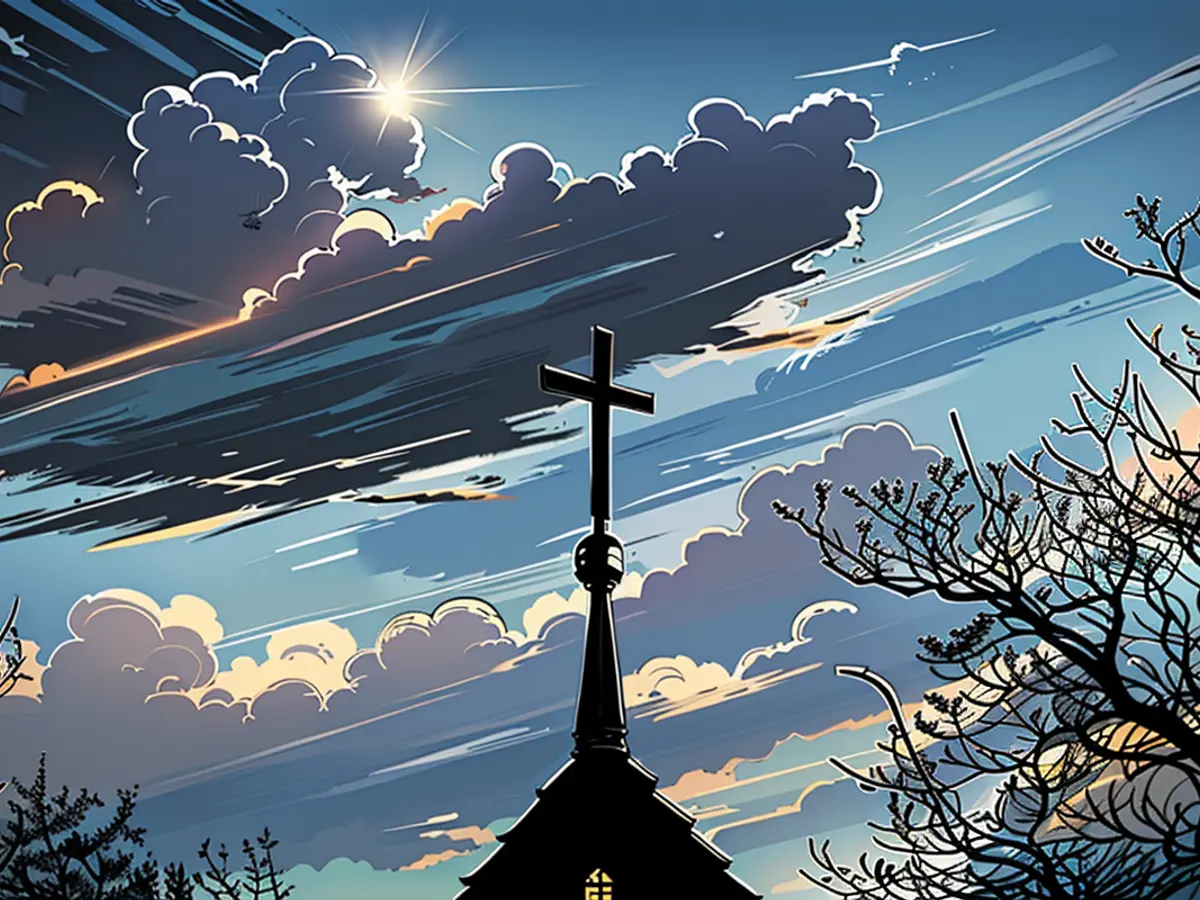Elected officials advocating for power disruption to religious institutions' state-funded services.
The 'traffic light' coalition politicians have been working on a bill to put an end to the state's financial support for churches, as reported by 'Frankfurter Allgemeine Zeitung'. According to the report, the draft is scheduled to be introduced in the fall and will be crafted in a way that allows it to become law without the Bundesrat's approval. However, the states are reportedly against the proposal.
To bypass the need for the Bundesrat's consent, the bill reportedly contains ambiguous guidelines for the termination of state subsidies. SPD religious affairs expert Lars Castellucci informed the newspaper that the bill is unlikely to outline the precise method for dissolving church-state relations.
Rainer Robra, the head of the state chancellery in Saxony-Anhalt, warned the 'traffic light' coalition against taking unilateral action. He suggested that it would be more appropriate for the German state structure to submit a law requiring the Bundesrat's consent.
The state's financial support for churches is a legacy of secularization, which began over 200 years ago when church property and territories were confiscated. As a result, the state became obligated to compensate the churches, with several hundred million euros being allocated annually for this purpose.
Except for the city-states of Hamburg and Bremen, all federal states contribute to the salaries of clergy, including bishops and pastors. A significant portion of funds is also allocated for the maintenance of churches under the heading 'Baudotationen'.
The obligation to cease these payments was already stipulated in the Weimar Constitution over a century ago, and the Basic Law maintained this provision in Article 140. Therefore, the state would need to pay a certain sum again to discontinue the regular transfers. To accomplish this, the federal government would need to establish the legal framework, and each federal state would then negotiate individual agreements with the churches.
Günter Krings, the legal policy spokesman for the Union fraction, has proposed an alternative solution. He suggests deleting the corresponding provision from the Basic Law, arguing that the state-church relationship has been functioning well since 1919 without the dissolution of state subsidies. As a result, Krings questions whether the constitutional mandate has outlived its usefulness and can be abolished through an amendment to the Basic Law.
The Commission, led by SPD religious affairs expert Lars Castellucci, is reportedly not planning to detail the precise method for dissolving church-state relations in the draft bill. Rainer Robra, from the state chancellery in Saxony-Anhalt, advises against the 'traffic light' coalition taking unilateral action and suggests that the law should require the Bundesrat's consent.








